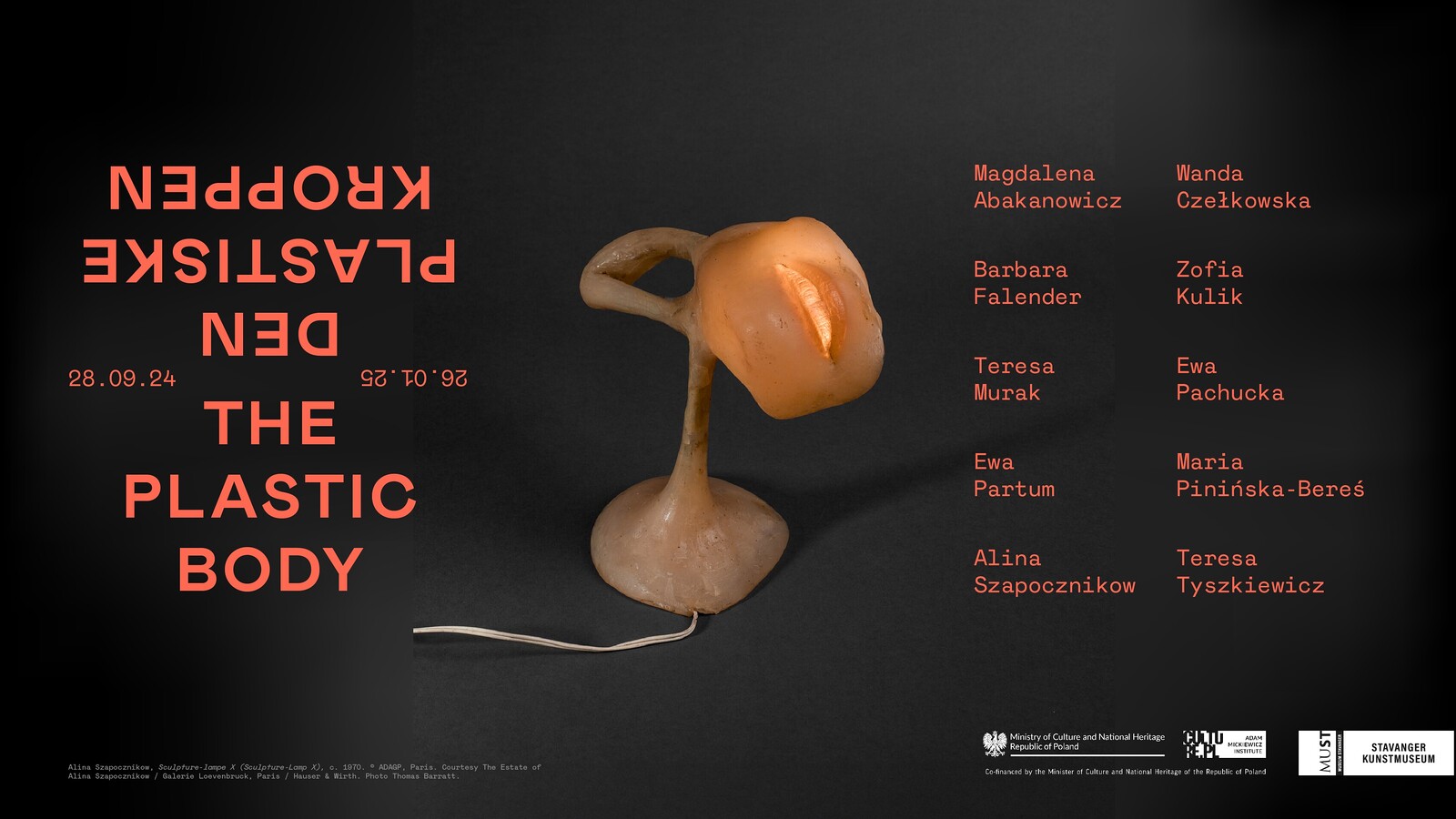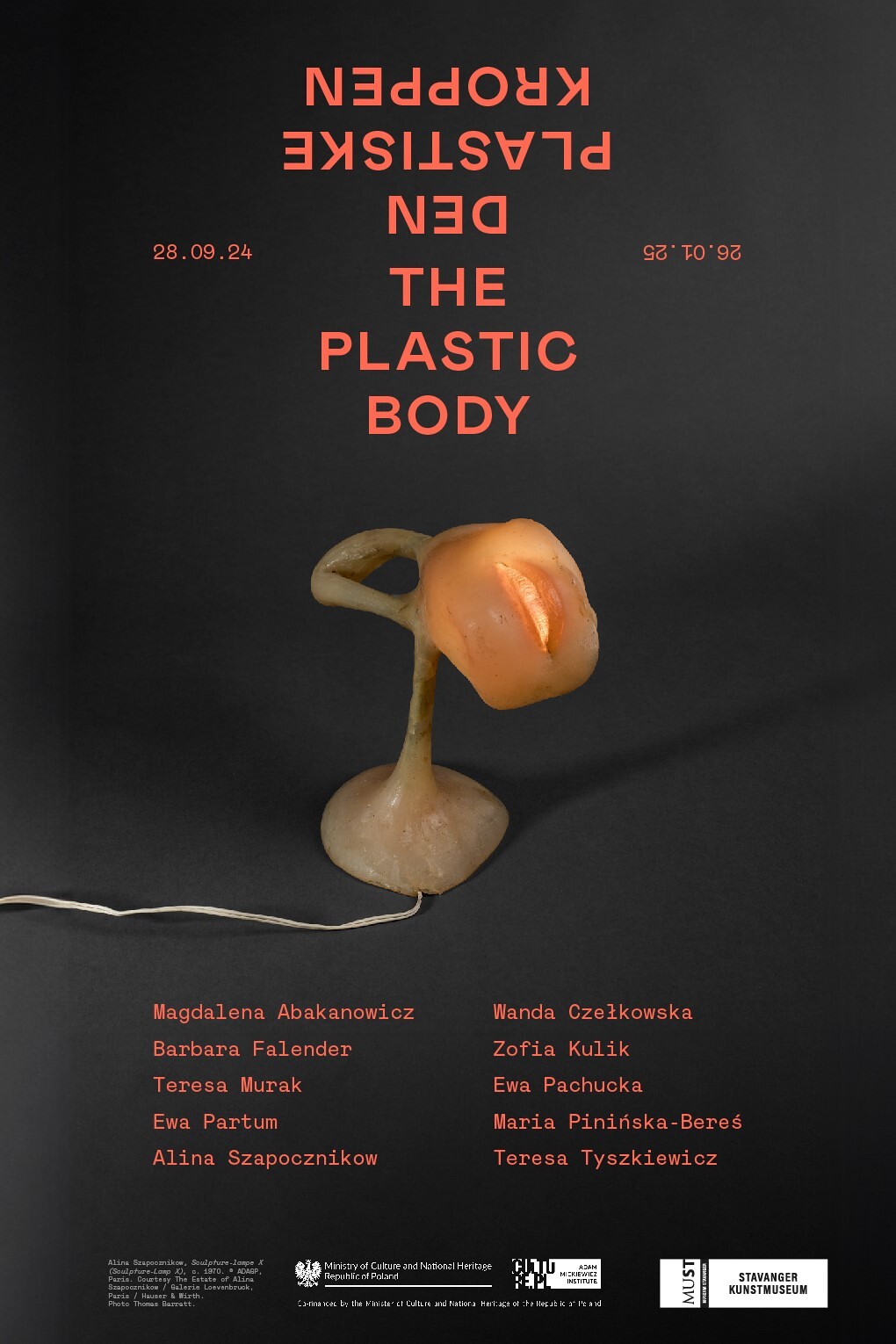Ya no, todavía no (No longer, not yet)
September 20–October 18, 2018
Gob. Rafael Rebollar 94, Colonia San Miguel Chapultepec
11850 Mexico City,
Mexico
Iñaki Bonillas presents the result of an extended investigation into what filmmaker Robert Bresson called “the intelligence of the hands;” essentially, everything hands inherently know how to do. For example, hands that are capable of knitting a sweater while the mind is thinking of something else. These hands, however, are becoming more and more underused. It seems as though every day a new button is being invented that, with only a click, carries out what significant training used to require. Avoiding nostalgic overtones, this project is a sort of farewell to hands that used to be extensively trained, as Bonillas was taught to use his hands early in his career. Inspired by Bresson’s hands, but also in Daido Moriyama and his mythic book Bye Bye Photography. Working with Moriyama’s literature, Bonillas makes careful observations about manual techniques that, if they have not already disappeared altogether, are close to doing so—although he recognizes some melancholy and ritualistic manual techniques continue, like listening to LPs. No Longer, Not Yet.* To ground his conceptual thinking, Bonillas decided to embark on the production of a handmade book—with the merging of various work processes—as the axis of reflection for the entire project. The book thus becomes the exhibition, and the exhibition is the book, or rather the steps towards creating it. Throughout this process, Bonillas discovered a group of small workshops that still produce in a bygone fashion. The project thus united a fantastic and substantial team of artisanal collaborators. The diversity of their practices had a wide range: papermaking, heliogravure, movable typefaces, darkroom photo development, illuminated manuscripts, and book binding. These distinct creation processes inspired the works that compose this exhibition.
*Hannah Arendt, “No Longer and Not Yet”, September 14, 1946. A review of Hermann Broch’s book The Death of Virgil published in The Nation. “For the decline of the old, and the birth of the new, is not necessarily an affair of continuity; between the generations […] [emerges] an ‘empty space,’ a kind of historical no man’s land comes to the surface which can be described only in terms of ‘no longer and not yet.’”



